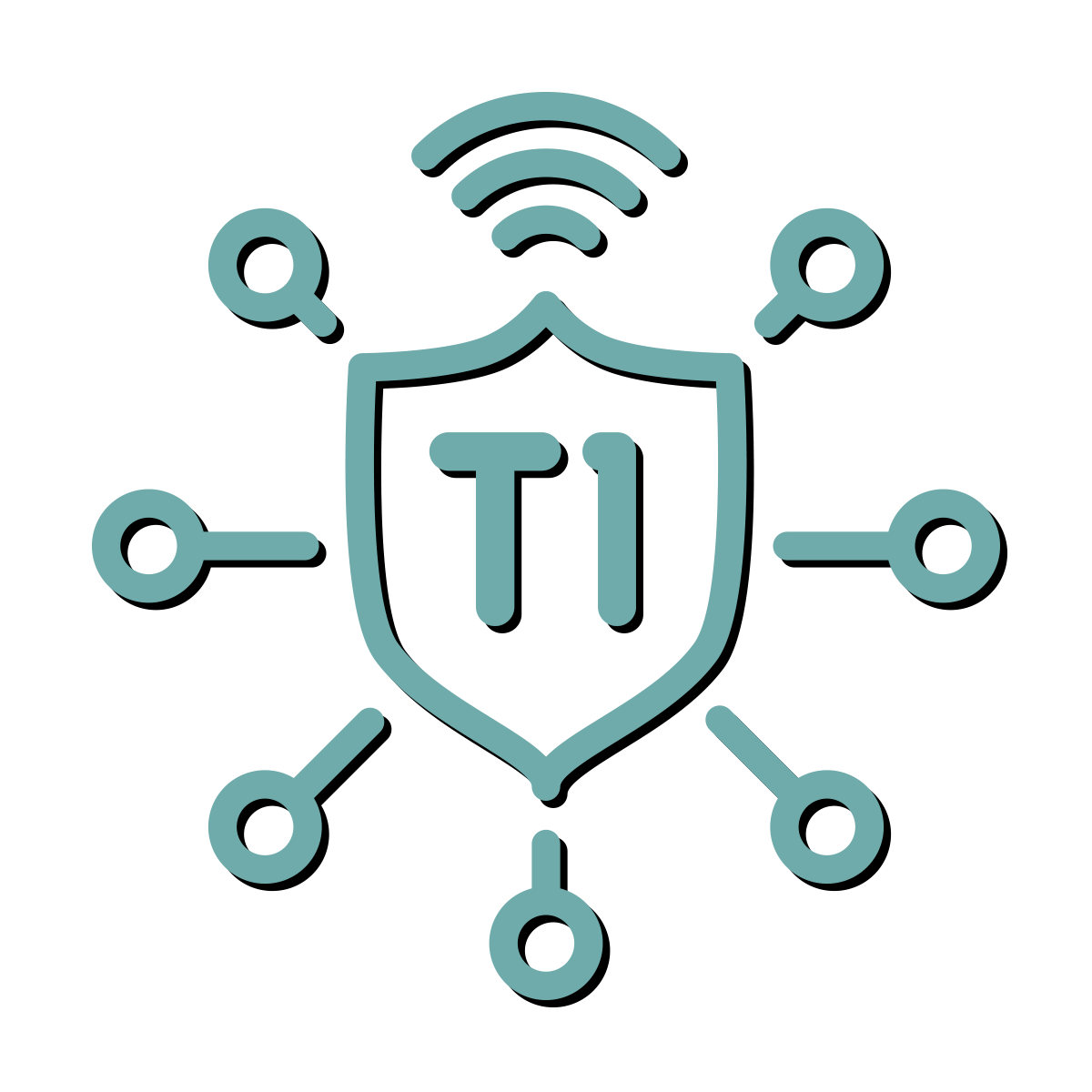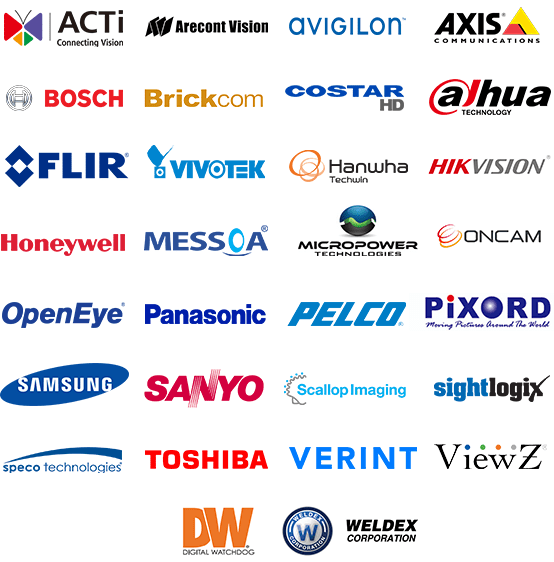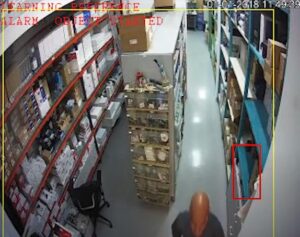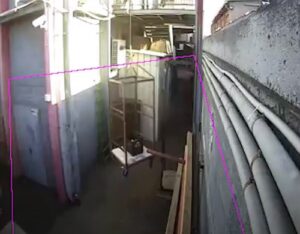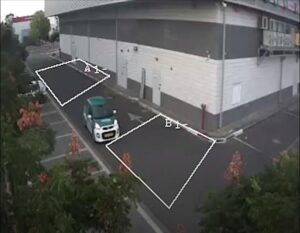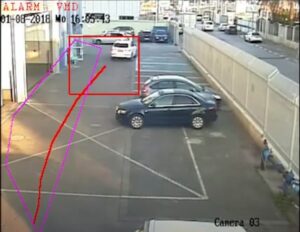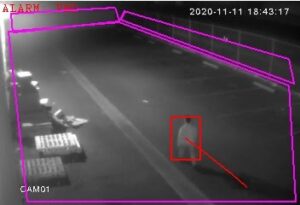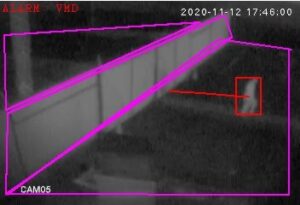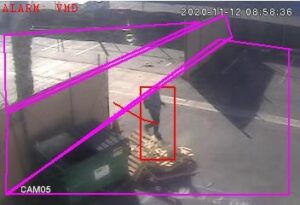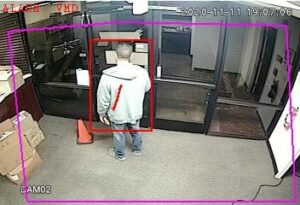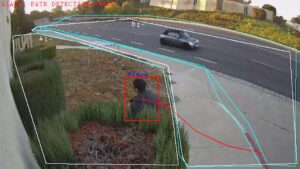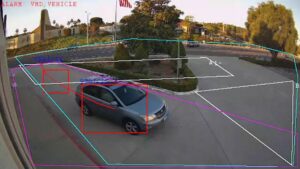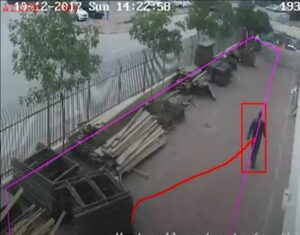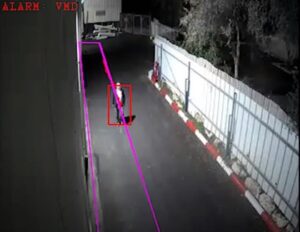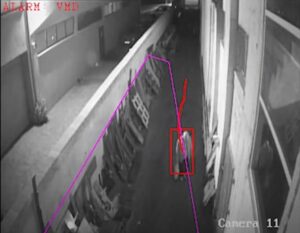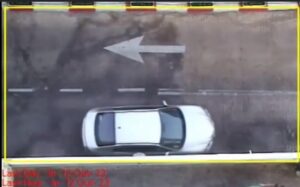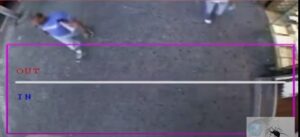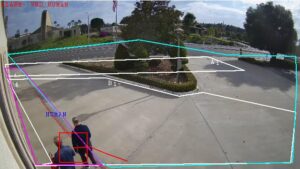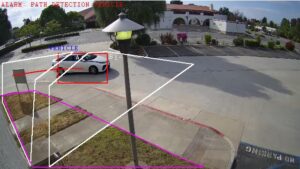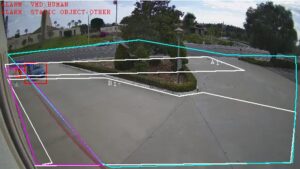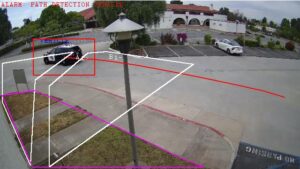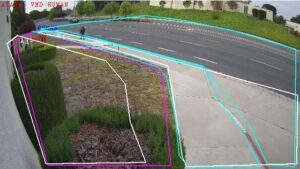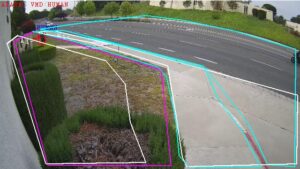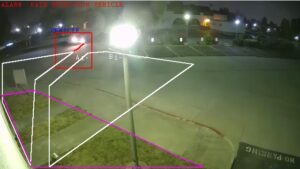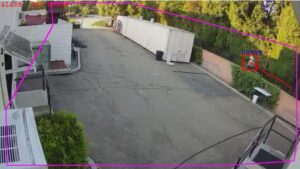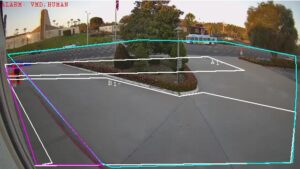FEATURE-RICH DYNAMIC VIDEO ANALYTICS SOFTWARE PLATFORM
TIER-1 ANALYTICS SYSTEM is an analytics system based on an open-architecture software platform. It is compatible with any video surveillance system and supports easy integration with third-party video management platforms.
The TIER-1 ANALYTICS SYSTEM provides a wide range of options for additional security with expanded functionality. It allows you to set up 16 different rules and parameters for each separate camera (simultaneously) and select any exceptions from the rules. The system is compatible with all types of IP cameras (including analog cameras) and does not require the replacement of existing infrastructure. The system operates at an extremely low false alarm rate; therefore, today, it has become one of the most stable and reliable systems in the video surveillance market. It is capable of dealing with the most extreme lighting and high-contrast conditions. Developed in Israel.UPGRADE ANY EXISTING SECURITY SYSTEM
IN THE SHORTEST POSSIBLE TIMEImmediate Advantages and Benefits
• Wide range of options for additional security
• Advanced functionality • Easy integration with installed cameras • Compatibility with all types of IP and analog cameras • Does not require replacement of the existing infrastructure • Advanced capabilities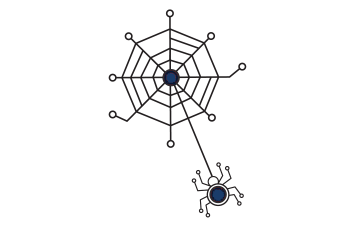
Open Platform
• Applicable to any video surveillance system
• Easy integration with 3rd-party VM platforms • Easy integration with 3rd-party Alarm software
Fast Implementations
• Provides fast complete deployment
• Easy calibration without unnecessary setup and time-consuming • Operates with an extremely low false alarm rate • One of the most stable and reliable systems in the video surveillance market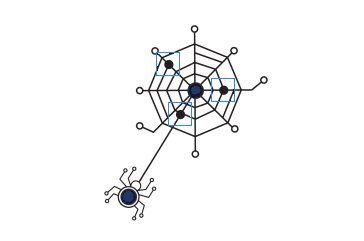
Advanced Analytics
• Real-time alerts
• 16 different rules and parameters for each separate camera (simultaneously) • Wide range of video analytics features • Real-time event detection based on rules • Allows selecting any exceptions from the rules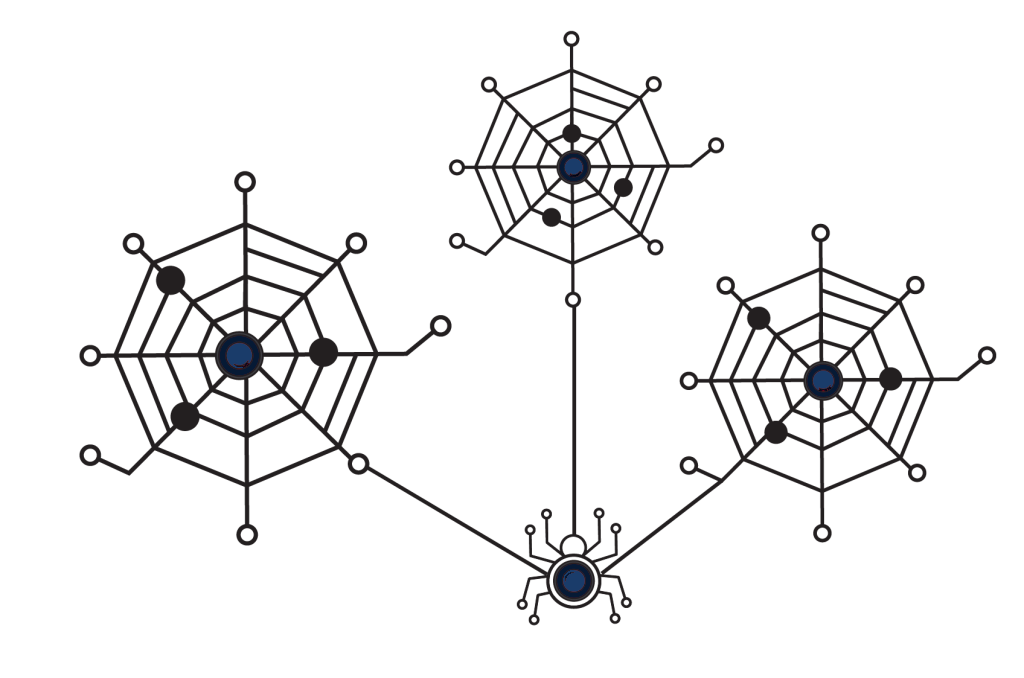
Distributed Architecture
• Based on a distributed architecture
• Architecture distributes video processing tasks between the edge device and the server • Ensures the efficient usage of computing elements • Low total cost of ownership • Low bandwidth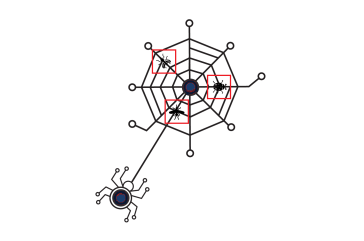
Object Classification
• Object detection and classification methods:
– People – Vehicle classes and more • An accurate and reliable classification of objects in quite complex conditions: – Rustling leaves on trees – Snow and more • The detection accuracy is constantly improving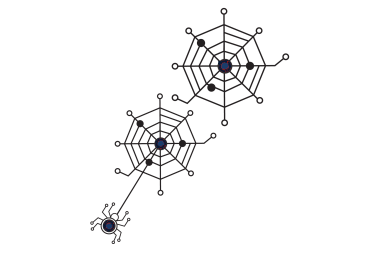
Scalable System
• Easily scalable
• Can be used with any number of video cameras